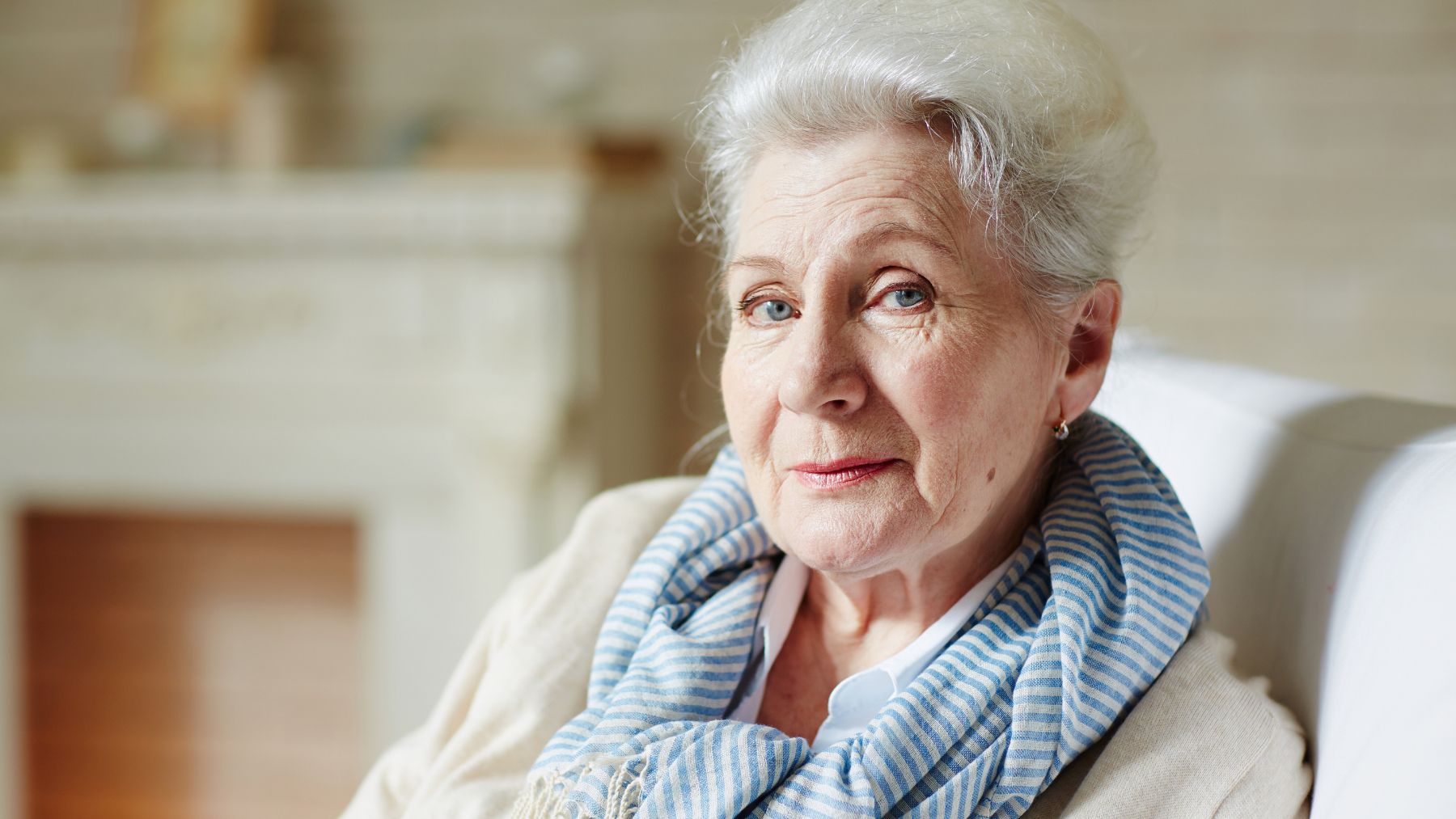At 96, Nancy K. Schlossberg, an expert in adult transitions, continues to surprise her doctors, neighbors, and even herself. Each time someone asks how she’s managed to stay sharp and active this long, she smiles and says it hasn’t been luck alone. Longevity, she insists, is about choices, perspective, and knowing how to handle life’s constant changes.
Her story isn’t unique in the big picture. Americans are living longer than ever before. The U.S. Census Bureau projects that the number of centenarians will quadruple by 2054. Here, we’ll look at the personal practices Schlossberg swears by, along with research-backed lessons on staying engaged, resilient, and relevant well into later life.
The secrets to longevity and living well
Schlossberg believes the biggest secret to longevity is learning to adapt. Life in your nineties doesn’t look like life in your sixties or seventies. She recalls that at 90, she was still giving speeches and consulting, but after a bout with COVID-19 and pneumonia, her energy dropped. Rather than give in to decline, she asked herself what she could still do. That question kept her engaged and optimistic.
She says purpose is non-negotiable. Sociologist Morris Rosenberg called it “mattering”—the need to feel you make a difference in other people’s lives. Schlossberg has seen friends flounder in retirement when they lose their sense of relevance. On the other hand, people who stay engaged in activities, whether it’s carpentry, volunteering, or community work, keep thriving.
Mental activity is as relevant as physical strength. Studies from the National Institutes of Mental Health show that complex activities—like playing bridge, writing, or solving crosswords—help preserve intellectual function. Schlossberg lives by the “use it or lose it” principle, always looking for ways to challenge her mind.
And then there’s attitude. She says resilience, optimism, and flexibility are what help you get through the inevitable transitions of aging. Health setbacks, retirement, and even losing abilities—each requires adjustment. Schlossberg calls this the art of improvising as life changes.
Practical tips for healthy longevity
Through daily habits, you can build a solid foundation for longevity. Here are some practical recommendations inspired by Schlossberg’s experience and supported by research:
- Stay socially connected. Relationships buffer stress, protect mental health, and keep you engaged with the world. Make time for friends, family, and your community.
- Keep learning. Pick up new hobbies, read widely, or take a class. Continuous learning stimulates the brain and adds meaning to your routine.
- Move daily. Even if you can’t exercise as before, walking, stretching, or light strength training keeps your body functional.
- Eat with balance. A diet rich in vegetables, fruits, whole grains, lean proteins, and healthy fats supports both heart and brain health.
- Embrace transitions. Instead of fearing change, reframe it as an opportunity to grow. New phases of life can open doors to new ideas.
- Prioritize purpose. Volunteer your time, mentor someone, or launch an initiative that creates meaningful change for others.
- Challenge your mind. Puzzles, games, writing, or tackling complex tasks stimulate the brain and ward off decline.
Schlossberg shows that a long life can be filled with meaning, growth, and joy, even when health and energy shift. Her advice is simple but powerful: stay flexible, keep engaging with life, and never stop asking how you can still make a difference.
